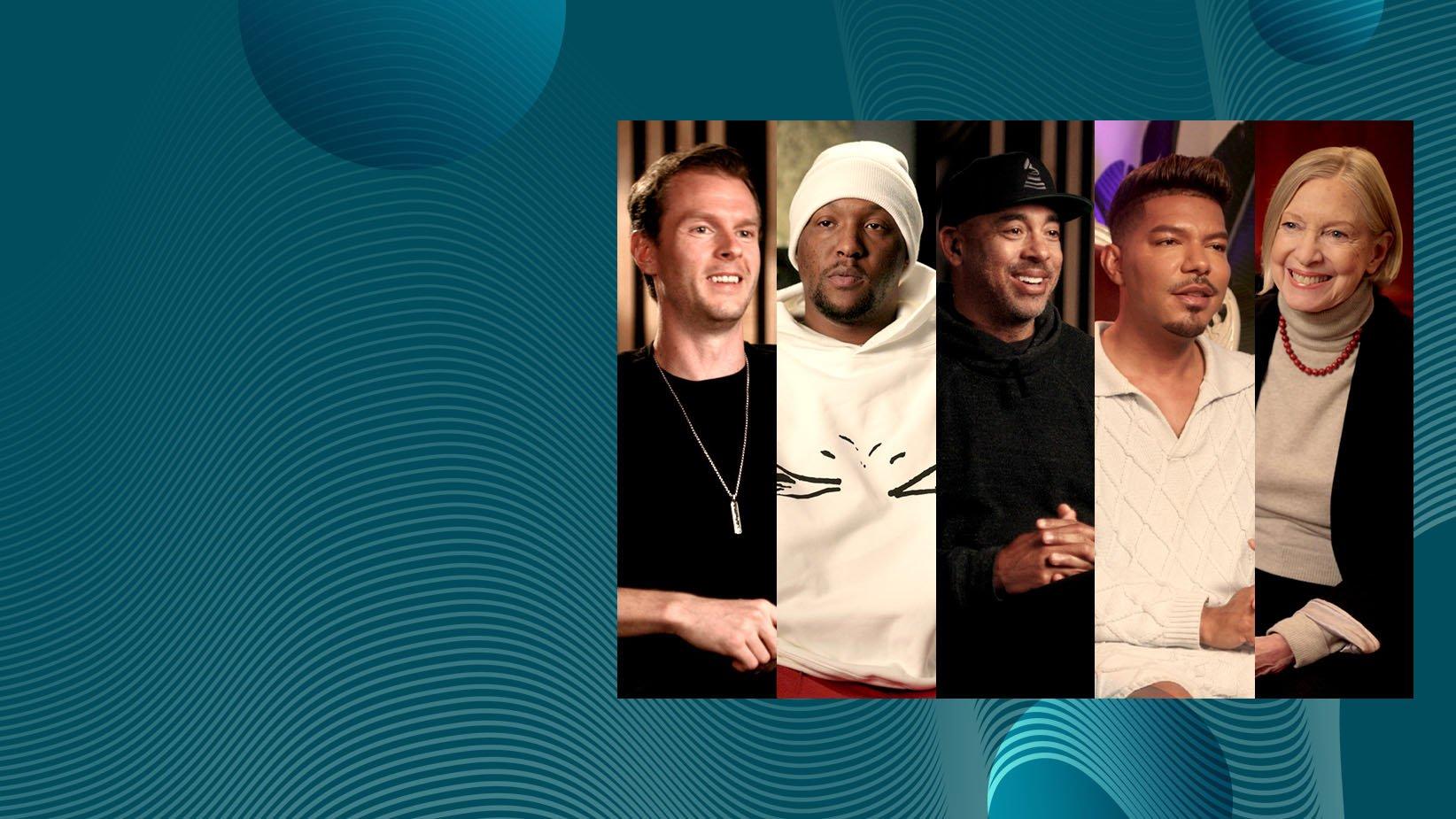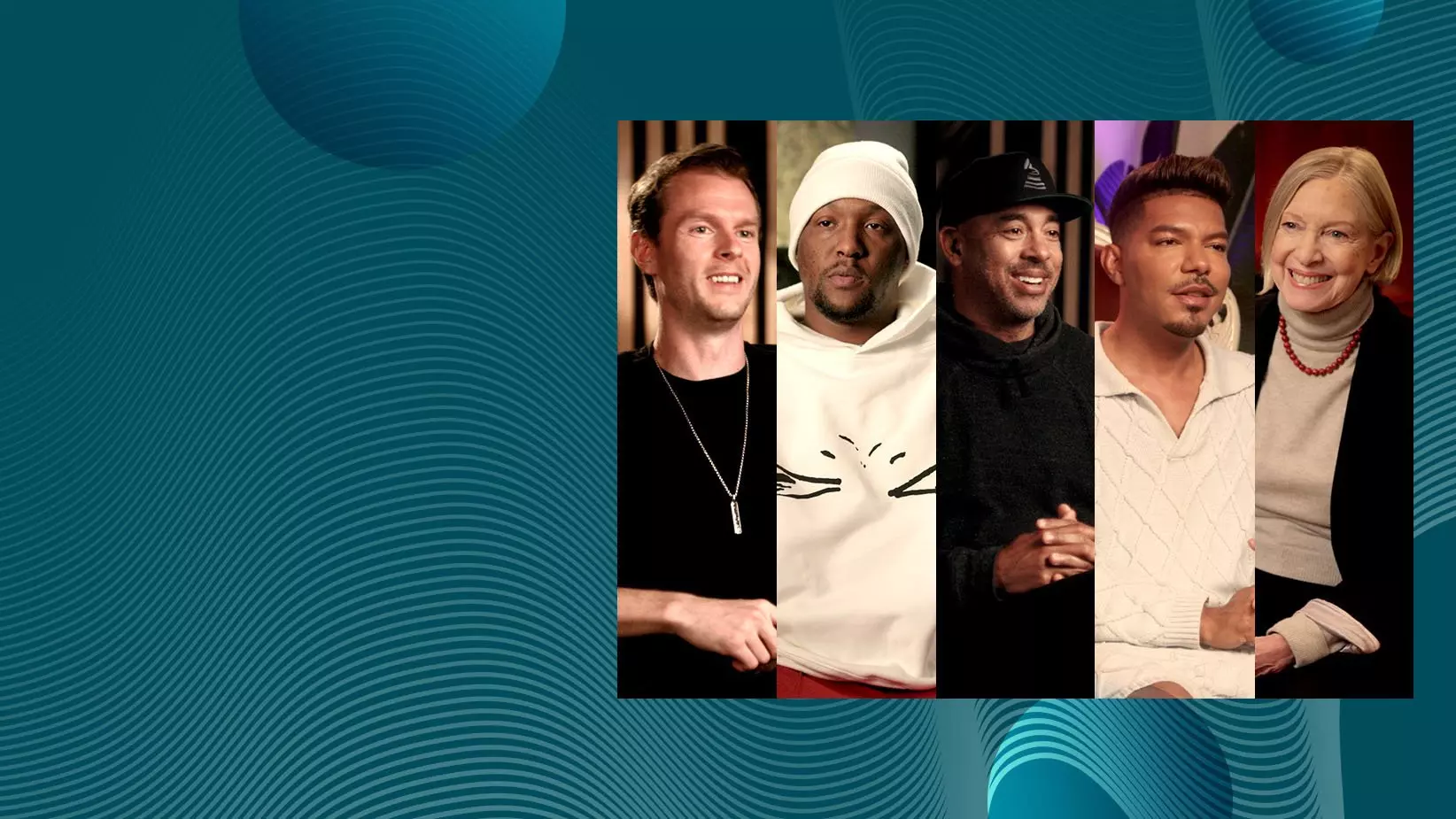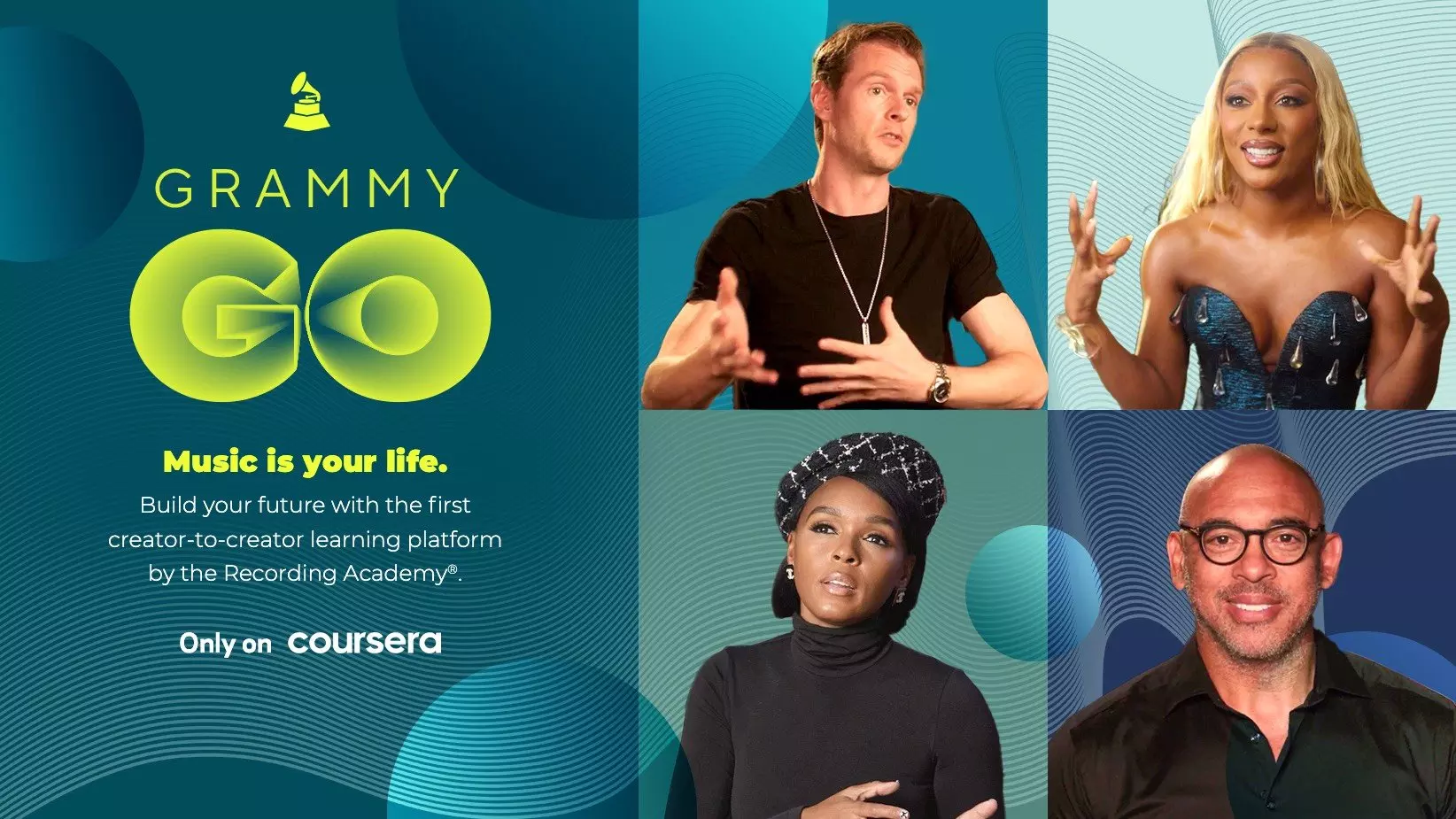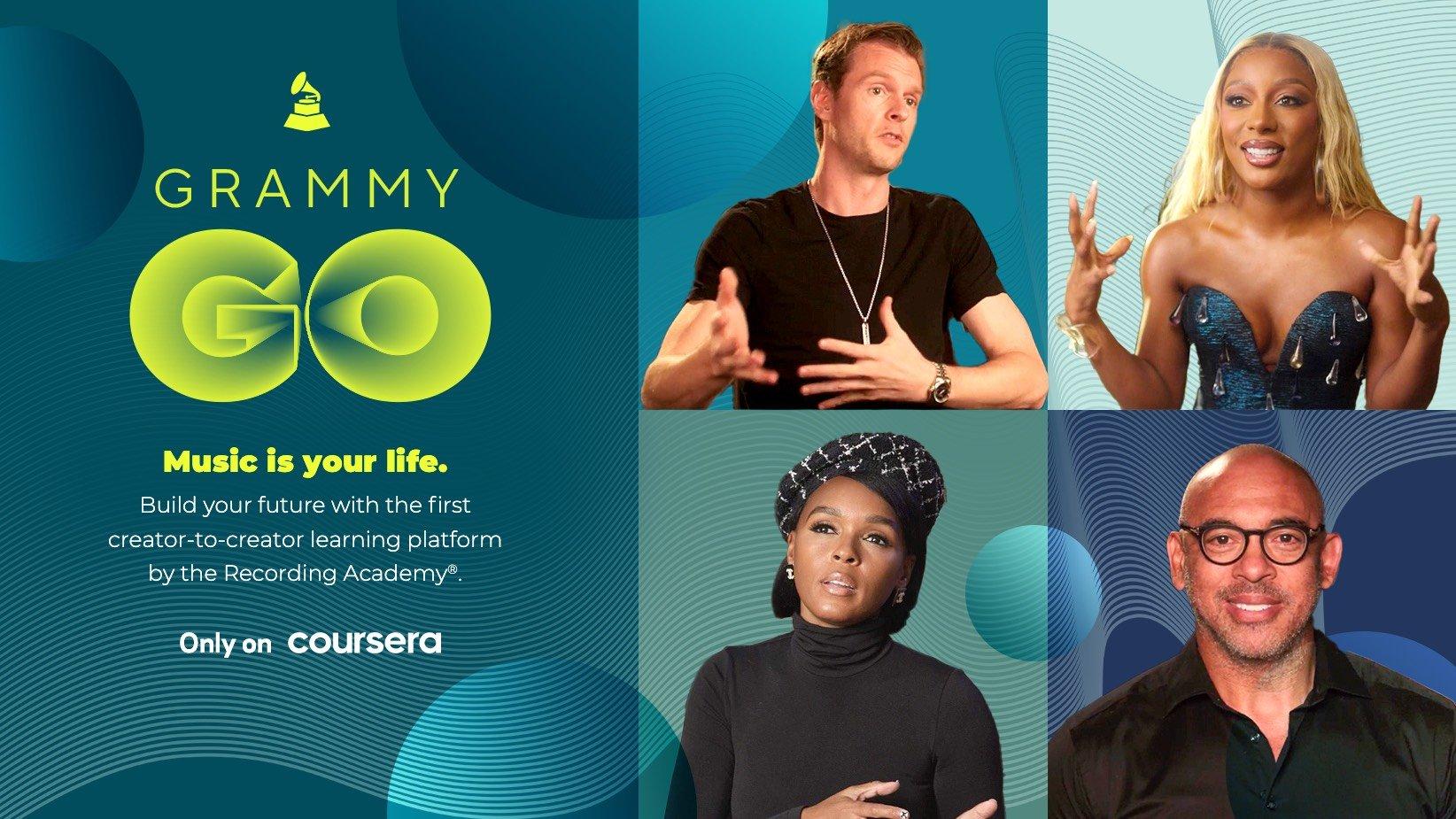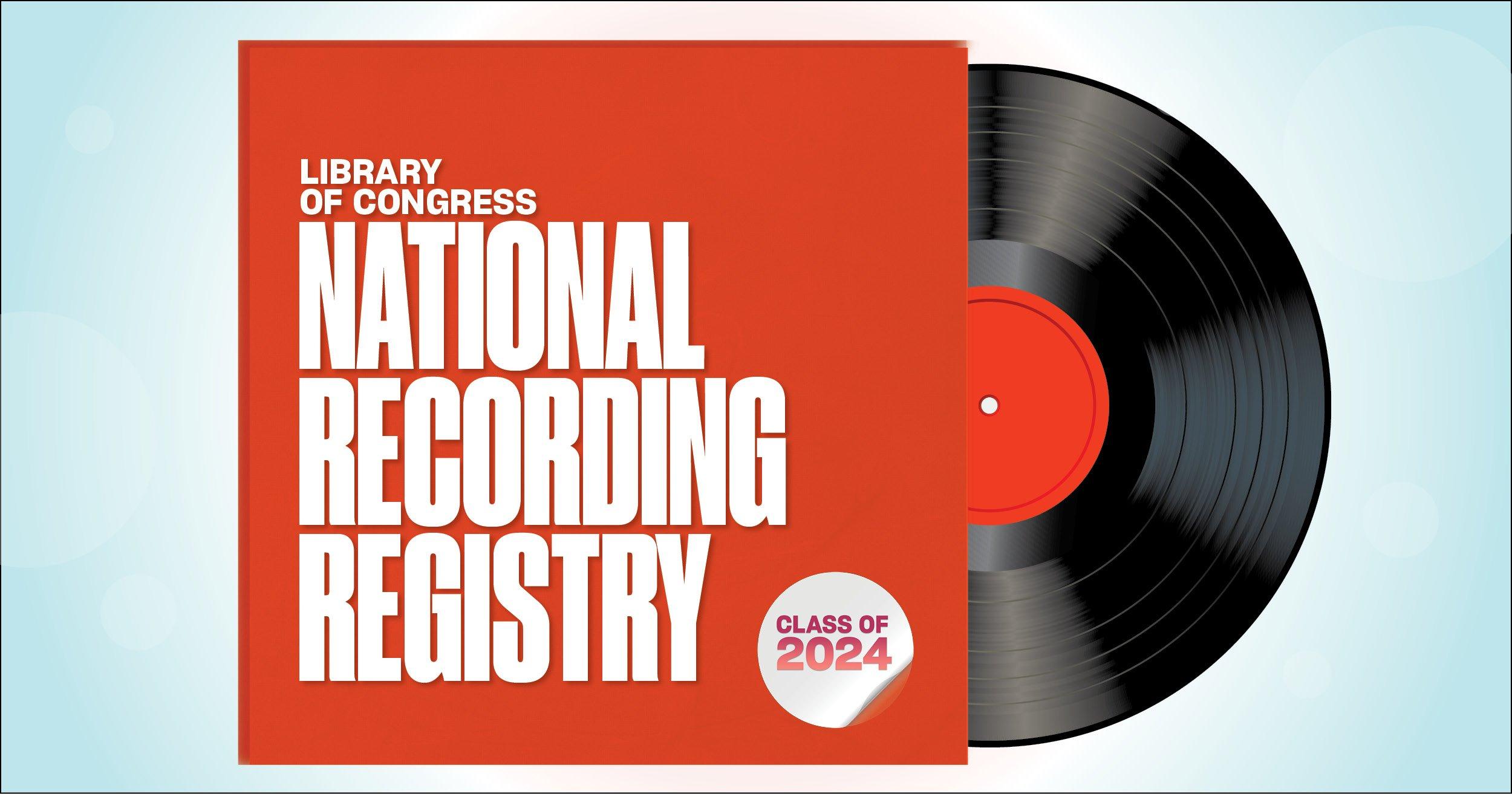Today the Recording Academy invited more than 2,300 music professionals the join as its 2020 new member class. The invitees come from wide-ranging backgrounds, genres and disciplines. They have made important contributions to music and posess the potential to influence progressive changes within the music industry.
By the numbers, the 2020 class of invitees is 48 percent female, 21 percent African American/African descent, 8 percent Hispanic, and 3 percent Asian American and Pacific Islander. The representation of this class also spans ages, genre and region. The Recording Academy's current membership is 26 percent female and 25 percent from traditionally underrepresented communities.
"We are proud of the strides we've made toward ensuring our membership is diverse and inclusive, which is reflected within this new pool of invitees,” said Harvey Mason jr., Chair and Interim President/CEO of the Recording Academy. "While this progress signifies meaningful impact, there's still more work to be done. We'll continue to fight to achieve inclusive representation across gender, race, age, national origin, sexual orientation, and beyond within our community. Furthermore, we’re excited to see how the contributions of the incoming new member class will help inspire meaningful change within the music industry."
Ensuring that the Recording Academy's membership is fully representative of the music community has been a longstanding goal of Recording Academy Trustees. In December 2019, the Recording Academy pledged to implement 17 of 18 reforms set forth by the Diversity & Inclusion Task Force, including increasing outreach to diverse communities and doubling the number of women voters by 2025. Specifically, this means 2,500 new women voters by the year 2025.
<style>.embed-container { position: relative; padding-bottom: 56.25%; height: 0; overflow: hidden; max-width: 100%; } .embed-container iframe, .embed-container object, .embed-container embed { position: absolute; top: 0; left: 0; width: 100%; height: 100%; }</style><div class='embed-container'><iframe src='https://www.youtube.com/embed//NNPLa0yeVXg' frameborder='0' allowfullscreen></iframe></div>
To celebrate the incoming new member class, GRAMMY.com Editor-In-Chief Justin Joseph hosted a roundtable discussion on June 24 titled "Your Academy: Welcoming the 2020 New Member Class." Featuring new invitees and existing members, the conversation showcased an authentic look into what it means to be a member of the Academy, the important initiatives worked on year-round, progress members hope to see within the Academy, and diversity and inclusion in the music industry at large.
“As part of the Membership Committee for the last year for the LA Chapter… this is what I tell everyone when we’re talking about Membership in the Recording Academy," GRAMMY winner John Legend explained. "As much as we all complain about who won the GRAMMY this year for this or that, and how we’re not being represented in the right way, we literally can change it by being there—by showing up, by telling or collaborators to show up and be there…We can literally be the change that we want to see in the Academy.”
Coming from the opposite coast, GRAMMY-winning mastering engineer Emily Lazar also weighed in on the importance of the duty and value of being an active Recording Academy member during the roundtable.
“I became a governor in my local Chapter in New York, and the second I engaged on that level, everything really changed for me as far as understanding what the Academy had for me and what I could bring to the Academy," she said. "That give-and-take was very important to me, personally.”
This message of service resonated with the new members, such as Ozuna, the Latin trap/pop hitmaker who has been hailed as the "New King of Reggaeton."
“I’m entering the Recording Academy as a new member—even though I thankfully have had success early on and throughout my career—but I am still new to experiences in the music industry," Ozuna said. "On this zoom call, I’ve learned that I can influence in the music industry by doing more than just producing and making songs.”
“At first I had the idea that the Academy was more of over 40, non-black men who would base all action on popularity and stats," admitted versatile singer/songwriter Victoria Monet during the roundtable. "Now learning more about what is actually happening, I think that’s important to communicate to my peers, because I think they also have no idea—they just want the GRAMMY—if they don’t get it, they complain and have no idea about the process.”
With this diverse new class enriching the landscape of the Academy, showcasing more talents from more areas of the music community than ever before, the view for many incoming members feels more like home, somewhere anyone can see themselves making a meaningful difference.
“I had a realization one day," said rising artist Kiana Ledé. "Why can’t I be the girl that represents all the other girls that feel like me? I think that coincides with how I felt about the GRAMMYs and the Recording Academy. I have definitely been the person to sit back and complain, and cry, and be upset when I haven’t seen myself being represented. And then I realized I have so much power within myself—to put myself in that position—to represent people like me. I can be that person to step out and do that.”
Seconding Lede's empowering words, GRAMMY-winning gospel legend and ardent advocate for music creators' rights Yolanda Adams talked about the education and opportunities Academy membership can help unlock.
“It is up to us as artists to educate ourselves," Adams said. "We need to get ourselves informed, and the great place to do that is start with the Recording Academy’s websites, their webinars, all of those things are there just for you to make sure that your transition from non-member to member is worth it, because there’s so many things that are afforded to you through the Academy.”
Ultimately, the power is in the hands of the members, which underscores the importance of this year's class becoming involved in the process.
“As much change as you want to see, you can be the voice that makes it happen," said Legend. "If you want to get involved, if you want to make difference, you really have the ability to do so right away. You don’t have to wait until you have more seniority... You can come into these meetings right away, have your voice heard, and folks really want to be responsive to what you have to say.”
Tammy Hurt, Vice Chair of the Academy's Board of Trustees, backed up Legend's powerful words with some insight on what's keeps her passionately involved in the process. "One of my favorite things about the Academy is that everything we do is 100 percent peer-driven," she shared. "The process is driven specifically by the Members who serve the Academy. If there’s something that you love, that you want to get involved with, you’re passionate about, by all means. If there’s something you want to change, by all means. It’s rolling up your sleeves, showing up, engaging and being part of the process.”
In fact, the more than 2,300 new invitations extended today represent the continuation of the Academy's community-driven and peer-reviewed membership model, which was implemented in 2018 in an ongoing effort to be more representative and relevant.
"Building out our membership body is a process that encourages inclusivity from start to finish, and it's a privilege to extend invitations to the 2020 class of invitees that represent the wide-ranging backgrounds and crafts that makes the music industry so unique," said Kelley Purcell, Senior Director of Member Outreach at the Recording Academy. "These individuals will become the driving force behind the Recording Academy, and it's encouraging to see how our membership continues to evolve each year as we take steps toward building a more inclusive and vibrant community."
For more information on the Recording Academy's membership process and requirements, visit here. For full information and details surrounding the new class visit here.
The Recording Academy & Color Of Change Team Up To Promote Positive Change In The Music Industry


